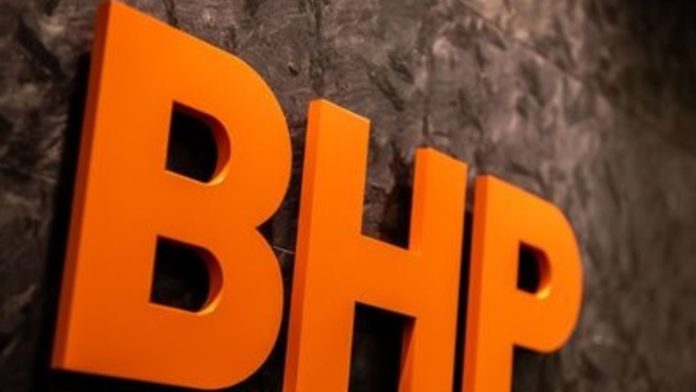
MINING majors such as Anglo American, Glencore, and BHP are set to report record earnings but bumper dividends they pay may be a case of ‘as good as it gets’ – at least for the remainder of the year.
UBS analysts, including Myles Allsop, said in a report on Monday that the expected record cash payments this year were “not sustainable” owing to easing in commodity pricing, especially iron ore.
“The mining sector will deliver record returns to shareholders with June 21 results with FCF (free cash flow) boosted by high commodity prices, balance sheets strong and capex contained,” the bank said. “But, in our view, 2021 FCF and cash returns are not sustainable.”
“Although near-term demand outlook appears solid, in our opinion we are not at the start of a ‘super-cycle’ and supply/demand fundamentals are not strong enough to support prices at current levels in 2022.”
It said the US Federal Reserve was turning hawkish on interest rates which would ease inflation, while Beijing was also looking to deflate its economy by reducing infrastructure spend among other tactics.
Commenting on exposure to other metals, it was optimistic on aluminium as an alternative to high copper prices, as well as battery metals. It was less supportive of the gold price which would also continue to weaken, again owing to the US Fed’s hawkishness.
Estimates for cash generation for the whole of 2021, as firms such as Anglo American and Glencore embarked on the half-year reporting season, range from a $100bn surplus by the largest ten diversified mining firms (Bank of America) to a Goldman Sachs estimation of around $109bn for the year.
Bank of America also said in its report that the mining sector could fall into the trap of running a lazy balance sheet.
Although mining firms sought ‘A’ credit ratings implying net debt to EBITDA of 1x, it might be more appropriate in an era of long-life, low-cost, through the cycle assets of running more debt, at a net debt to EBITDA of 2x – inviting a typical credit rating of BBB-.
It added that “… it feels like the days of ‘Big Deals’ are behind us”.










